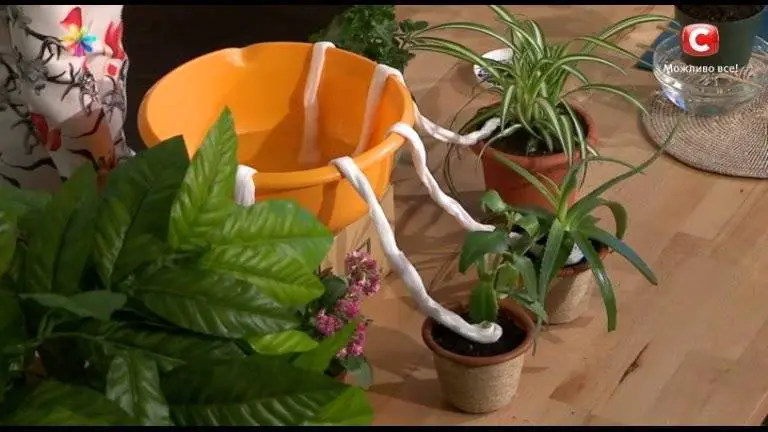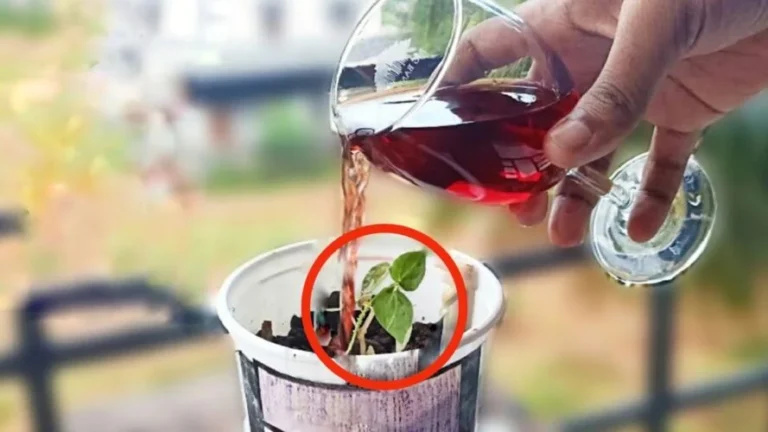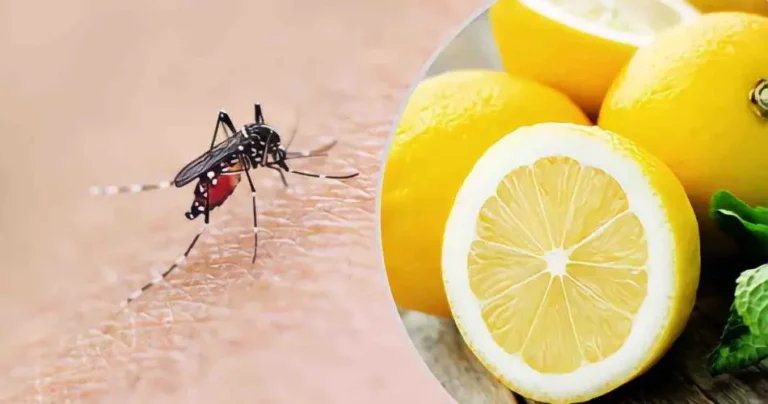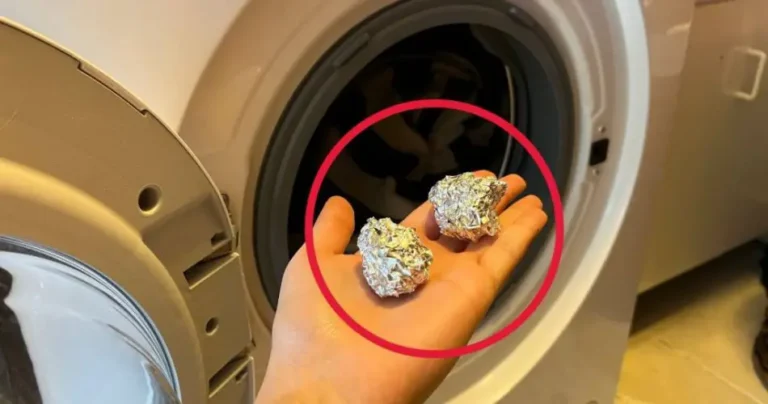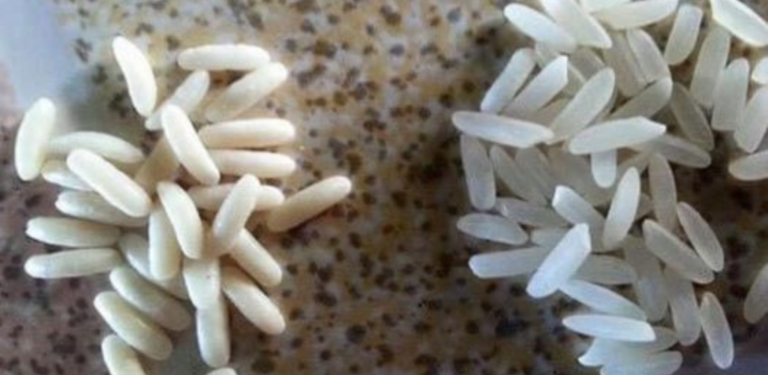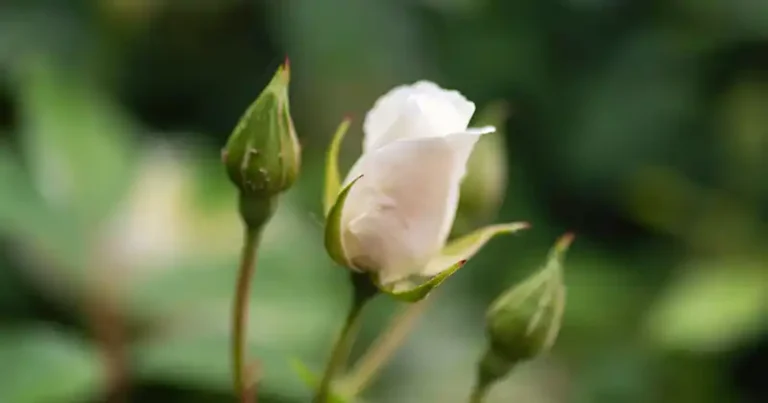Try these methods to water your plants when you are on holiday and not find them dry.
Storing the plants during your absence is important to find them healthy and green when you return.
Each plant, depending on the species to which it belongs and its variety, has different water needs: succulent plants, for example, certainly suffer less if left alone for a week! However, the same cannot be said for other indoor or external such as geraniums , orchids, petunias, etc…
But what can we do to give the right amount of water to the plants before leaving? Here are some effective tips and tricks.
by immersion
A useful technique to ensure maximum water absorption by the plant is immersion irrigation.
Simply take a palangana and fill it with cold, but not cold , water until it reaches a height of about 4-5 centimeters .
Then, take the plant you want to water and place it with the entire vase in the water, leaving it in the water for at least 20 minutes.
During this time, the plant absorbs all the water it needs through the drainage holes.
Attention: before placing it back in the saucer, drain the plant to eliminate all excess water without overfilling the saucer.
for vaporization
Not everyone knows that many plants also absorb the water they need through their leaves: this is why, before leaving for holidays, it is a good idea to spray a little water on the leaves.
Also in this case, use cold but not cold water, taking care to spray it evenly over the entire crown of the plant through a spray bottle.
In this way, in addition to watering it, you will increase the surface humidity of the plant, essential for the well-being of some plants, especially those of tropical origin such as pothos or orchids.
In summer the heat can be unbearable. See here some ways to cool plants, especially orchids.
With mineral salts
Watering a plant abundantly before leaving is important, but doing so in a way that provides it with all the minerals and other substances it needs is even better to ensure its well-being during your absence.
For this reason, during the last watering before leaving, it is advisable to use a liquid fertilizer .
Use a specific product for your plant, consulting your florist or nurseryman, then dilute in water according to the instructions on the package and water the plant.
In this way, you will guarantee the plant a good supply of the main nutrients it needs, including nitrogen, phosphorus, potassium, magnesium and calcium.
Read here to discover some strange but effective homemade natural fertilizers.
with saucer
Some plants love a higher than normal humidity level and are able to absorb the water present in the dish as if it were a reserve to draw on in times of need.
Therefore, leave little more than a trickle of water on the surface of plants that prefer humid environments, such as ferns, orchids, azaleas and philodendrons.
Be careful not to over-water : if you put in too much water, you could increase the risk of root rot .
In summer your plants are attacked by parasites. Read this article to discover an infallible trick.
The chain method
Watering with the string method almost seems like a game, but it is important to ensure continuous watering when we are away for a long period.
All you have to do is find cotton or nylon and braid them and put one end in the plant soil and the other in the flower pot with water and costume; braid them and put one end in the plant soil and the other in a flower vase with water.
The threads , when wet, carry water from one end to the other, providing water to the plant regularly .
This method is also recommended for watering plants during your absence. Discover all the others by clicking here .
